Fijian refugee Izhar Basha is now the founder of EHPlabs in Australia turning over $88.8m
Izhar Basha thought he was dying when he made a promise to himself to pursue his passion if he recovered. Now, he’s making waves in the fitness supplements industry.
National
Don't miss out on the headlines from National. Followed categories will be added to My News.
Izhar Basha thought he was on his death bed when he made a promise to himself to pursue his passion if he recovered.
Mr Basha was working up to 20 hours a day as a high-flying corporate lawyer. But burnout eventually took its toll and saw him in and out of hospital across 2011 and early 2012 with chronic colitis — a digestive disease caused by inflammation of the colon.
It culminated in a particularly worrying experience for the then-28-year-old, but it was one that would change everything.
“I had a two-and-a-half week stint in hospital and we thought that I was dying,” Mr Basha said.
“But I did a little prayer to God saying, ‘if I get better, I’m going to get out of hospital and dedicate my life to helping other people live healthier lives to avoid disease’.
“I know it sounds so cliche, but soon after, I got better. I took it as a sign.”
Fast forward a decade and Mr Basha is head of EHPlabs – a fitness supplements brand that’s turning over tens of millions of dollars a year.
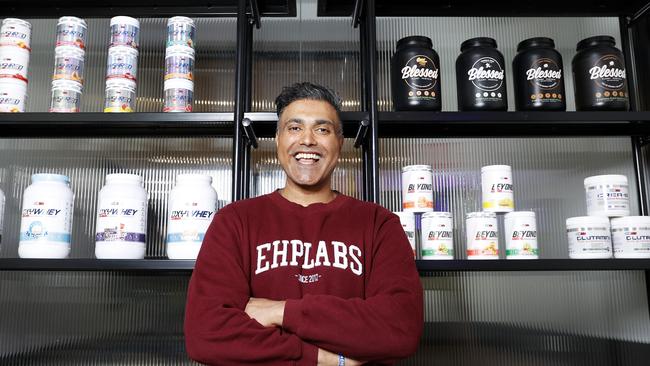
Mr Basha first opened a fitness supplements store the eastern Sydney suburb of Randwick, before closing it to kick off his now global business
He started with two key products and now sells 85 across EHPlabs, aimed at gym junkies, and its sister brand Blessed, targeted toward those who are focused on lifestyle and wellness.
They’re sold at 2000 retailers in North America, and 1000 across Australia and New Zealand.
It’s a remarkable feat for Mr Basha, who migrated to Australia from Fiji as a young boy with his family around the time of the 1987 coups d’état, where the military eventually overthrew the government and declared Fiji a republic.
They settled in Sydney, and he describes his experience as a “typical immigrant story”.
“When we came here, we didn’t even rent a house. We stayed at my uncle’s home in Summer Hill and there were nine of us in a two-bedroom unit,” Mr Basha said.
“My parents worked two jobs each, and my older sister pretty much raised me.”
Mr Basha said he “wasn’t the brightest kid in school”, and also struggled to find his place.
“I was really lost with my identity as most immigrants kids are. I was this brown-skinned, awkward skinny kid living in a predominantly Lebanese area, and I was trying to be as Aussie as possible.”
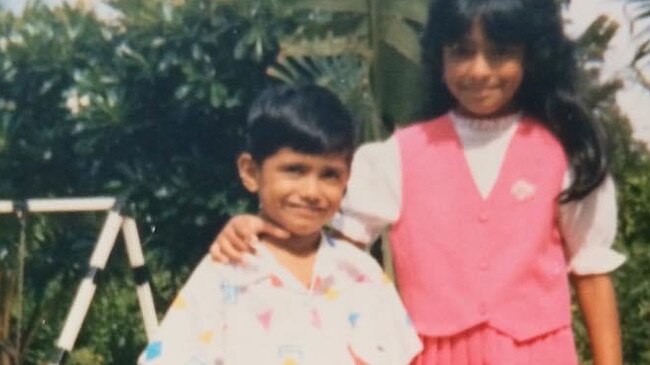

His family was determined to take advantage of the opportunities this “amazing country” had to offer, and that rubbed off onto Mr Basha.
He worked hard at school and was offered a full scholarship at the University of Sydney before taking on a job at top-tier corporate law firm, Clayton Utz, in 2007.
Starting as a lawyer, he climbed the ranks and became a senior associate but left the company in 2011 amid his health battle.
EHPlabs was officially launched in 2013 following his brief stint as a bricks-and-mortar retailer after Mr Basha “Googled best place in the world to formulate a sports supplement” and quickly headed off to Orem in the US state of Utah.
There, he worked with laboratory technicians to develop the brand’s first products.
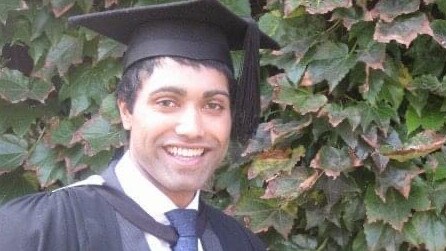
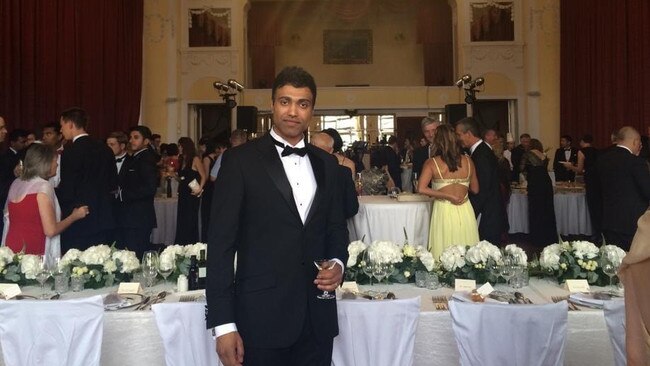
“I had a couple of grand in my bank account and got myself access to this contract lab and started formulating Oxyshred (the brand’s flagship product) and a pre-workout product that’s no longer in existence,” he said.
“Two weeks lasted I came out with Oxyshred in three different flavours.”
The company employs 130 corporate workers at its office in Ultimo, Sydney, and is currently hiring 45 more. It also has more than 240 athletes and ambassadors under contract, who play a key role in driving revenue by promoting the products via social media.
EHPlabs has come a long way since starting on a “shoestring budget”, having turned over $88.8 million in the most recent financial year, and its forecasts suggest it will more than double that by the end of 2022/2023.
“I didn’t have any angel investors, no one wanted to give me money,” he said, adding that the company has not yet had any investor capital injected into it.
“I had to go to my sister and borrow money from her for the first few purchase orders; she lent me about $220,000.”
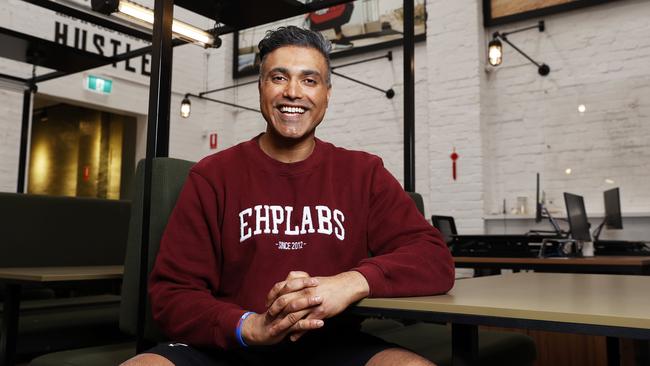
He attributes the company’s strong financial results in part to a lean operations model.
“We have four contract manufacturers and that means I’m only paying for whatever we produce and I’m not having to sit on a whole bunch of capital investment operating costs,” he said. “And we partner with fulfilment service providers for our warehousing.”
“It helps us scale fast … so we can be as profitable as possible and plough the funds back into the growth of the company.”
China, with a rapidly growing middle class that has cash to splash, is typically the market many health brands look to crack.
But Mr Basha said it wasn’t his priority.
“We’re focusing on markets where we feel that there’s already a level of awareness on what the products do, where there’s low risk and we have strong intellectual property protection, and where we have scalability of our existing marketing assets,” he said.
“So when we deal with English-speaking people in America and Australia like big YouTubers, Instagrammers or TikTokers, they generally have an audience that’s focus on English-speaking countries which is the key markets we focus on.”
More Coverage
Originally published as Fijian refugee Izhar Basha is now the founder of EHPlabs in Australia turning over $88.8m




